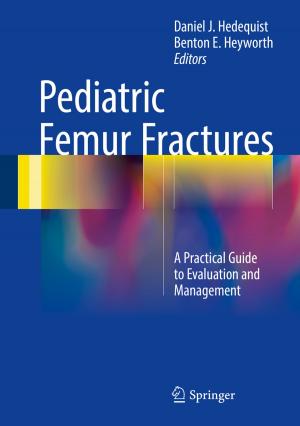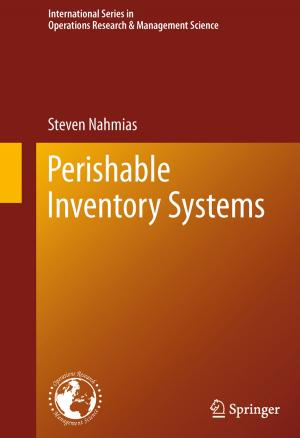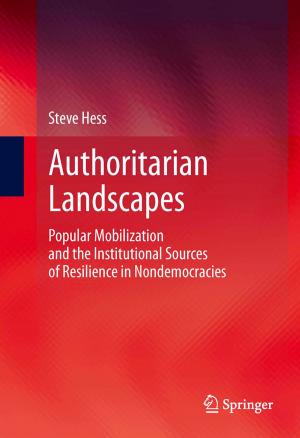| Author: | Dorothy Carroll | ISBN: | 9781468417944 |
| Publisher: | Springer US | Publication: | December 6, 2012 |
| Imprint: | Springer | Language: | English |
| Author: | Dorothy Carroll |
| ISBN: | 9781468417944 |
| Publisher: | Springer US |
| Publication: | December 6, 2012 |
| Imprint: | Springer |
| Language: | English |
Soil science is perhaps one of the oldest practical sciences, having been of concern to man probably from the time he progressed from a strictly preda tory life to one in which agriculture became important. In view of the anti quity of concern with the subject, it is perhaps surprising that it can be approached from a fresh viewpoint, as is done in this book. Because soil science is an applied science, it is not surprising that the approach is usually descriptive, rather than imaginative. For agriculturalists and other land users, perhaps the most important part of soil science is the description of soils and the capacities of such soils to maintain crops, and this is reflected by the fact that soil science is usually treated ima highly descriptive manner, with soil classification being one of the main efforts. The treatment of the subject from a geological point of view, with considerable emphasis on the evolution of soils and the reasons governing their composition and form, makes this a highly readable book. Books on soil science are timely, with present-day concern with such major problems as the pollution of our environment and the possibility of overreaching our capacity for producing food for an expanding population.
Soil science is perhaps one of the oldest practical sciences, having been of concern to man probably from the time he progressed from a strictly preda tory life to one in which agriculture became important. In view of the anti quity of concern with the subject, it is perhaps surprising that it can be approached from a fresh viewpoint, as is done in this book. Because soil science is an applied science, it is not surprising that the approach is usually descriptive, rather than imaginative. For agriculturalists and other land users, perhaps the most important part of soil science is the description of soils and the capacities of such soils to maintain crops, and this is reflected by the fact that soil science is usually treated ima highly descriptive manner, with soil classification being one of the main efforts. The treatment of the subject from a geological point of view, with considerable emphasis on the evolution of soils and the reasons governing their composition and form, makes this a highly readable book. Books on soil science are timely, with present-day concern with such major problems as the pollution of our environment and the possibility of overreaching our capacity for producing food for an expanding population.















